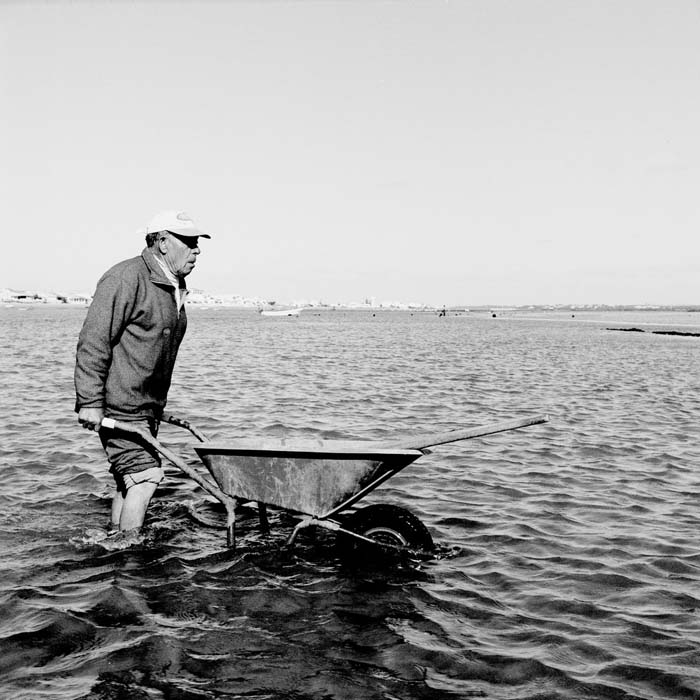Projecto Troika
NON-EXISTENT PLACE
Algarve is a place that does not exist”. This statement was once said by Luís Noronha da Costa, architect and painter, that in the early 60’s built a house in Carvoeiro, in the meantime destroyed, suspended from a high cliff by the seaside, in order to, in his inveterate romantic mind, admire the Dark Forest by looking at the sea. That is after all one of the most fascinating points of the territory called Algarve: many people try to build there other places, most of them utopic, if not eccentric. People search for Algarve, that place of frontier, drawn in the last known world boundaries, forgotten between two barriers, the mountain and the sea, to build shelters, huts, castles, resonators, observation points, in order to look at other places from there or, at the end, to look inside themselves.
It’s not easy to go back to a place that does not exist by using images. We need to know the invisible dynamics, that can only be touched, that go through it, that are part of it. To give back what you cannot see, to organize a reality, to build up a point of view, this is the delicate role applied to the author photographer. It’s important to understand that making images is the downstream of a long process of incorporation, reflexion, of connection. The images are needed but they cannot be in vain. When, in full Post-Holocaust downfall, the German state established in his constitution the encouragement of art as a moral obligation, as one of the fundamental supports for critic reconstruction of the memory of a destroyed city, photography had the importantrole, first to register, to document, to index and, secondly, to build up a critic awareness, a speech, a language, to rebuild an image of themselves as men, as community – so that writing poetry could be possible again. It’s this kind of visual anthropologist and archaeologist work that Vasco Célio has been doing for many years, long before Troika. The series of photographs that were created and edited to this relevant documentary book, give back a generous place to men who take their time to accomplish their destiny of community yet to come, that urges to consider itself a relational territory, a meeting place with the one that lives inside of each one of us.
Nuno Faria









